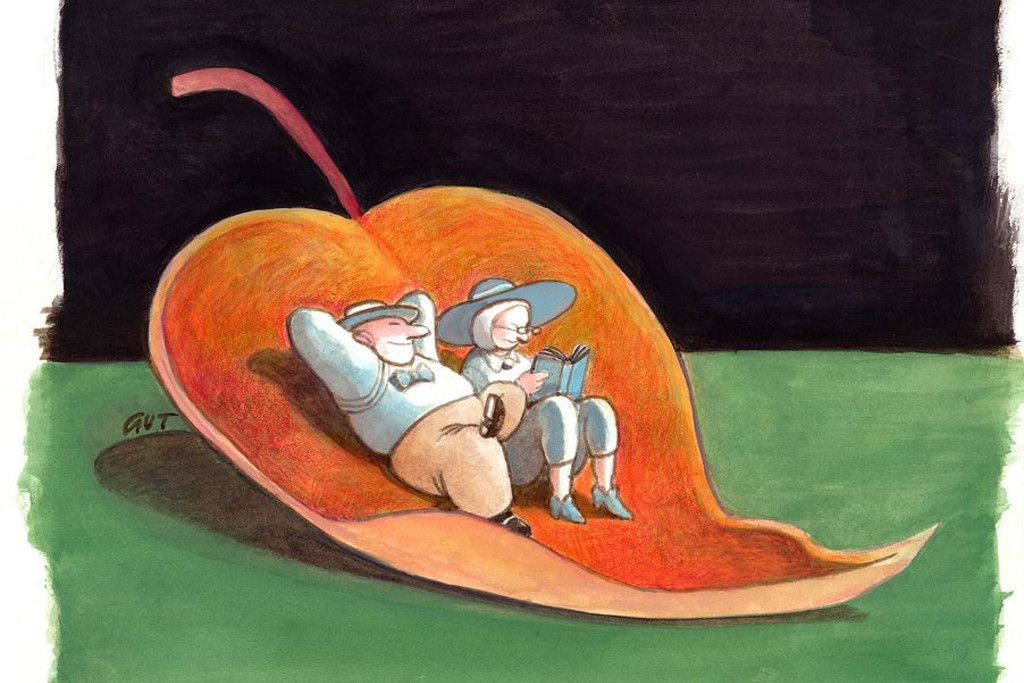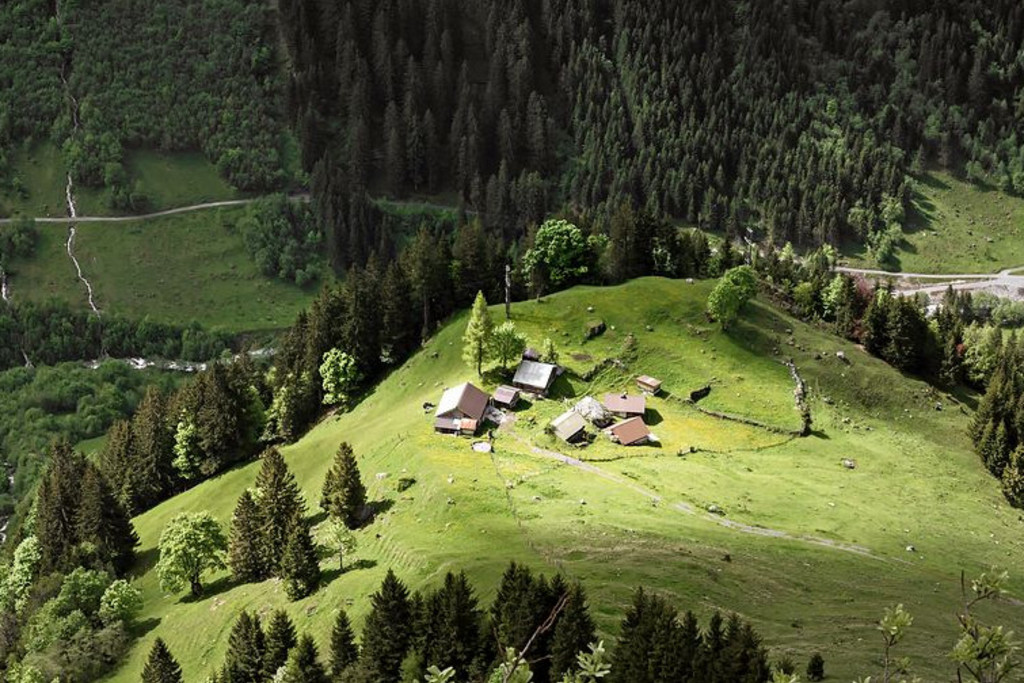Echo

Echo

Echo

Echo
Echo
Echo


“I am just frittering away my time in the National Council,” was the message former Federal Councillor Christoph Blocher gave to his party leadership and the media on 9 May 2014. He relinquished his position in Parliament at the end of May and is set to dedicate all his efforts in future to fighting to sever Switzerland’s close institutional ties with the EU as well as to combatting mass immigration. Blocher’s decision has generated a great deal of coverage in the media. “With the help of Swiss citizens, he wants to decide on the future of the country and is flying in the face of the government, Parliament and the entire political and economic establishment,” writes “Die Zeit” newspaper of Hamburg. The Swiss “Wochenzeitung” publication rendered the following judgement on his announcement: “His resignation is a declaration of war, he is making a lot of fuss in order to increase his strength and is using defamation as a stylistic device (…). The old man is getting ready for his decisive battle – a fight against the future.” The “Neue Zürcher Zeitung” does not like the style of the former Federal Councillor either: “Blocher has not refrained from strongly discrediting the elected representatives of the people and states and from dragging the concept of parliamentary democracy through the mud in the most populist manner.” The “Aargauer Zeitung” also commented on the situation: “Blocher’s resignation is mainly the prelude to his last battle (…). This should be a warning to all those who advocate an open and liberal land.”
In March 2009, the social partners, i.e. the Swiss Employers’ Association, the Swiss Industry and Trade Association, the Swiss Federation of Trade Unions and the trade union umbrella organisation Travail.Suisse, agreed to eliminate discriminatory pay inequalities between men and women in Swiss companies as quickly as possible and received the support of federal government. After five years spent on the “equal pay dialogue”, the result is mixed. The objective of eliminating wage discrimination against women has not been achieved. According to a press release from the organisers, the main reason for this is that there were only 51 companies involved in the project – a figure that is much too low to make an impact.
Since 1 July, unmarried and divorced parents have had to look after their children together. This is a situation that divorced fathers, in particular, have been fighting to achieve for years as in the past normally only the mothers gained custody over the children. It is still unclear what will happen in the future in disputes over child custody. The public authorities, especially the Cantonal Conference for the Protection of Children and Adults (KOKES), have already declared that they will not adopt the role of mediatory bodies. The courts can refuse to grant custody rights to a parent where there are sufficient grounds.
Switzerland is set to increase its contributions to the United Nations International Children’s Emergency Fund (UNICEF) and the United Nations Population Fund (UNFPA), as was decided by the Federal Council in June. Switzerland’s contribution to UNICEF for the years 2014–16 will increase from CHF 20 million to CHF 22 million per year, and UNFPA will now receive CHF 16 million per year instead of CHF 14 million. These increases were triggered by Parliament’s decision to put more money aside for international development cooperation.
As of 2030, the over-55s will make up the majority of all eligible voters in Switzerland. According to a study carried out by the University of Lausanne, it is already the case that more than half of those who vote are over 55. Having a majority of older people may lead to a generational conflict that is hard to resolve. The researchers have found that the generational discourse has already changed dramatically – the problem most frequently discussed is no longer the rebellion of youth, but rather the power of older citizens.
The competition for a new Swiss national anthem has received well over a hundred suggestions. In addition to proposals for lyrics in German (70), French (40), Italian (4) and Romansh (1), a Portuguese song has also been submitted. This entry cannot be considered according to the competition rules. A judging panel will now select a maximum of ten songs, which will be presented to the public via the Internet in spring 2015. The Swiss people will be able to listen to the songs and choose their favourite three for the final. The winning song will then be decided by a phone and SMS vote and will be submitted to the Federal Council as the replacement for “When the morning skies grow red”.
Comments